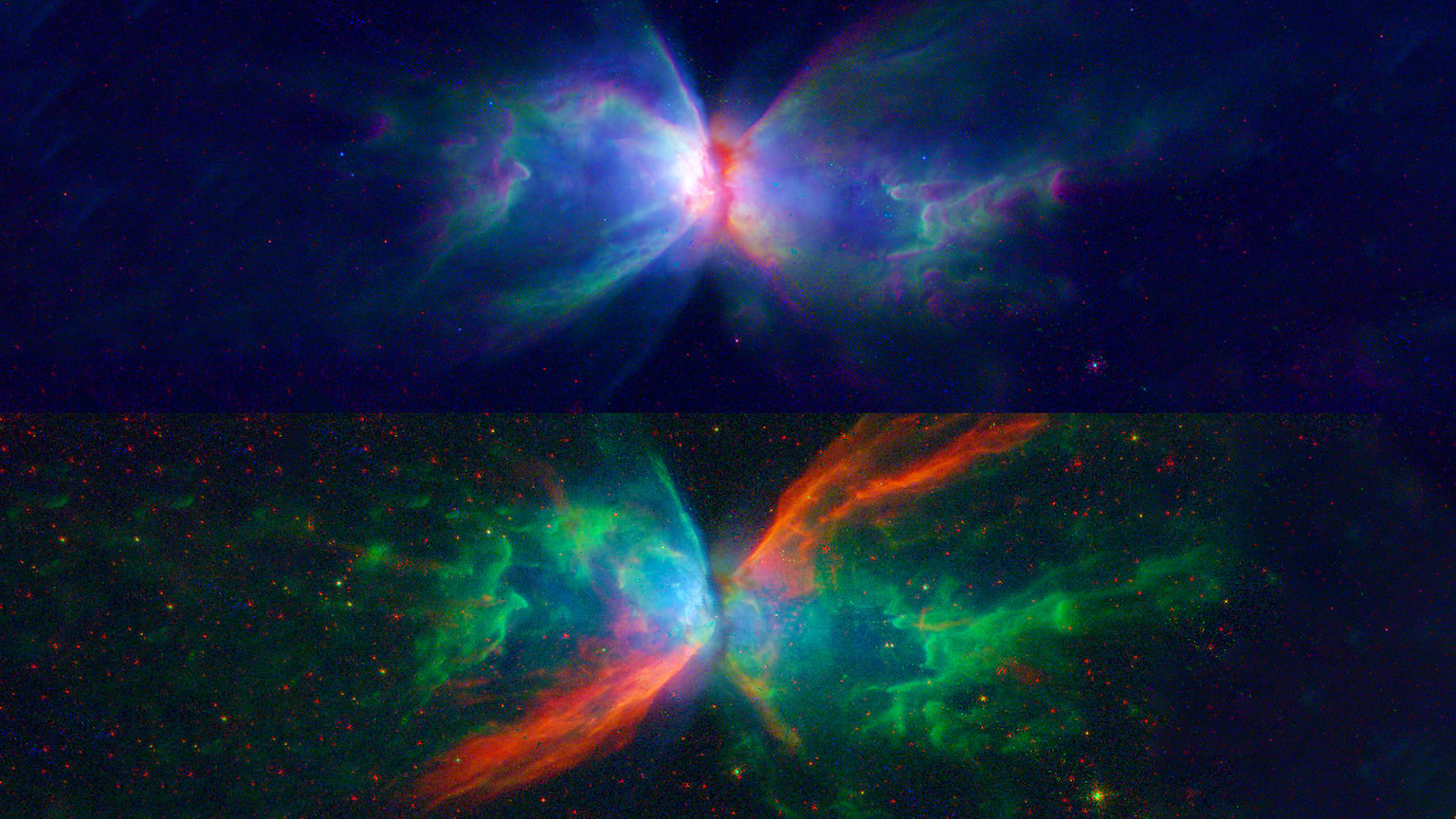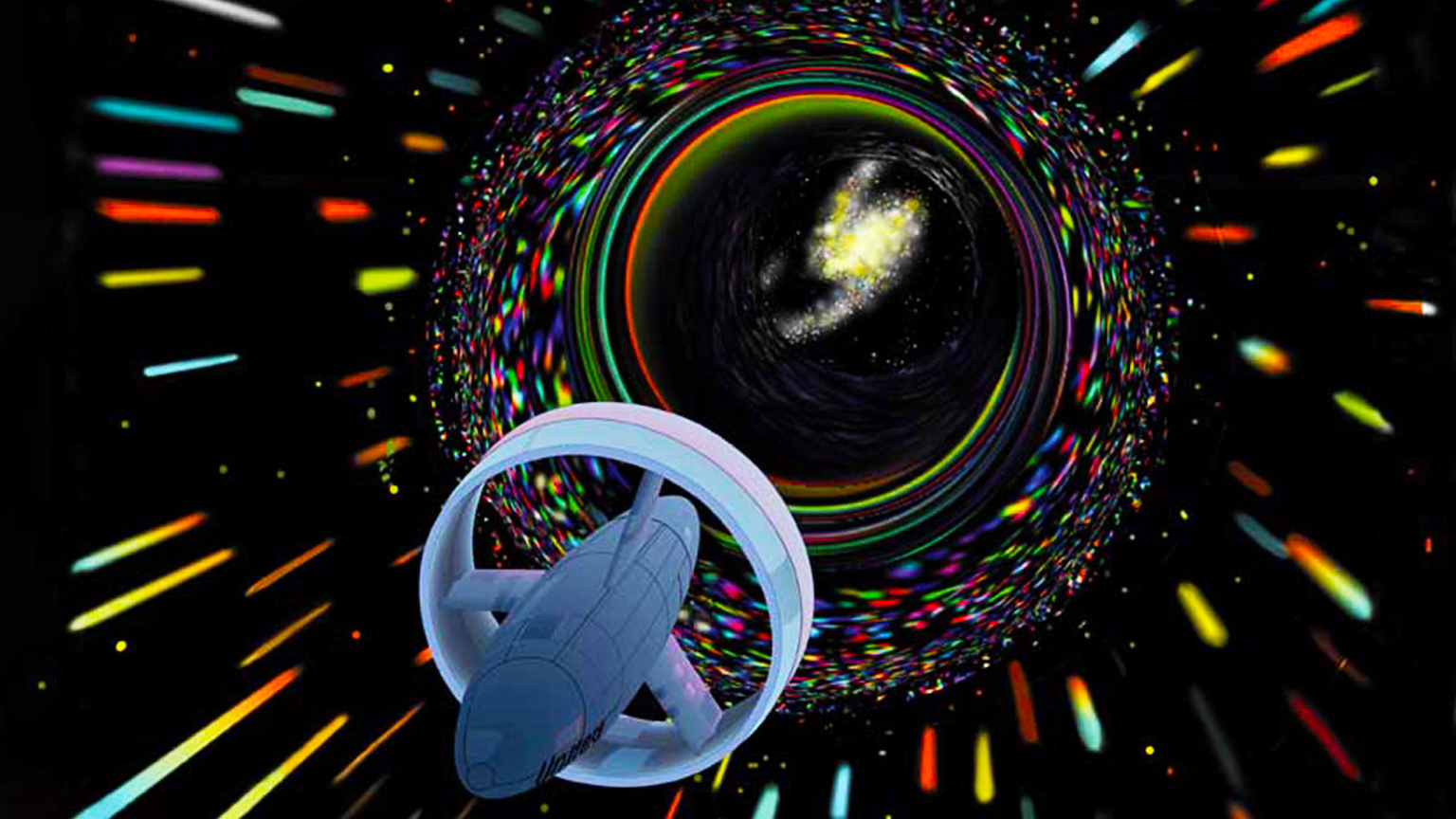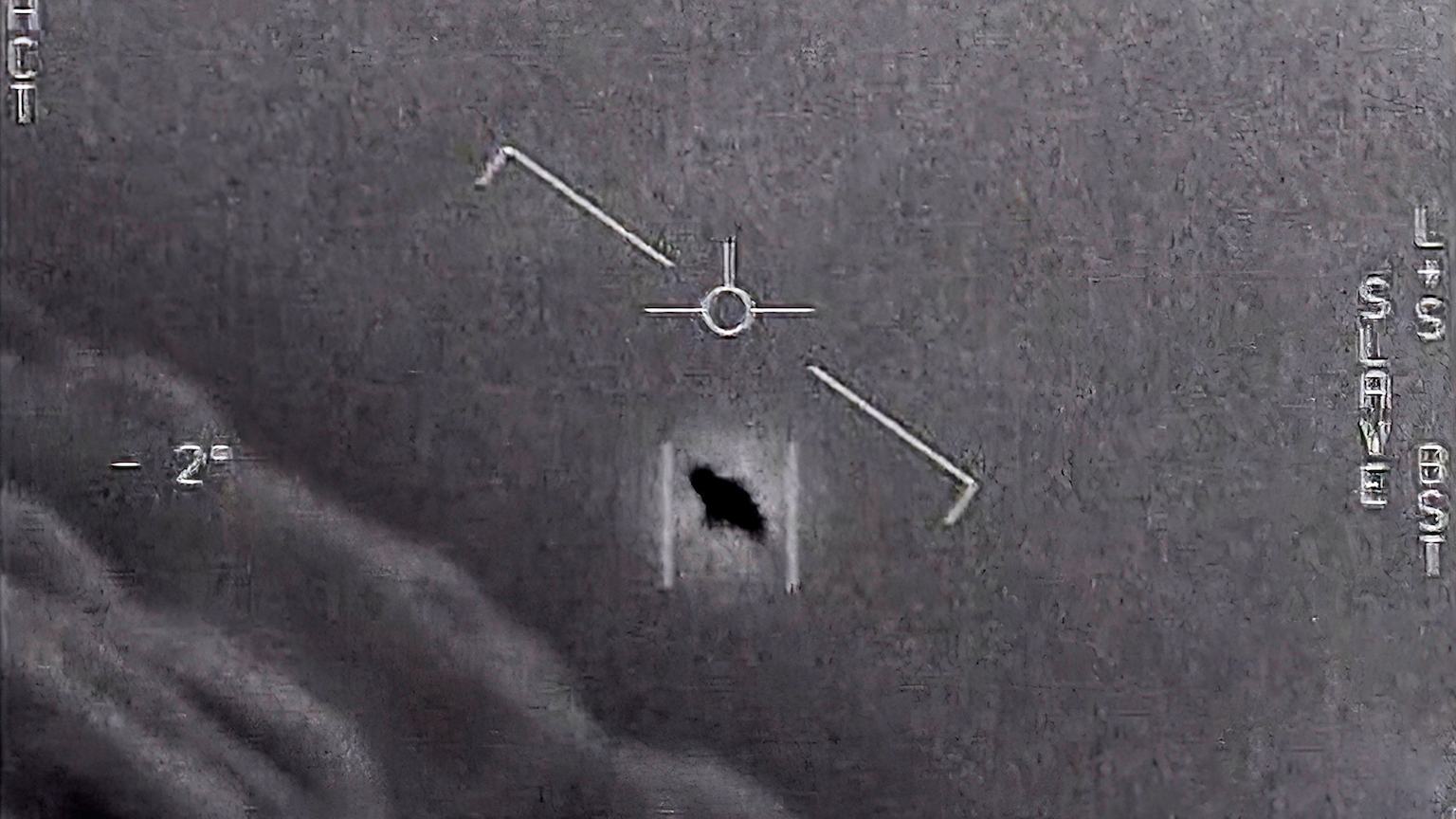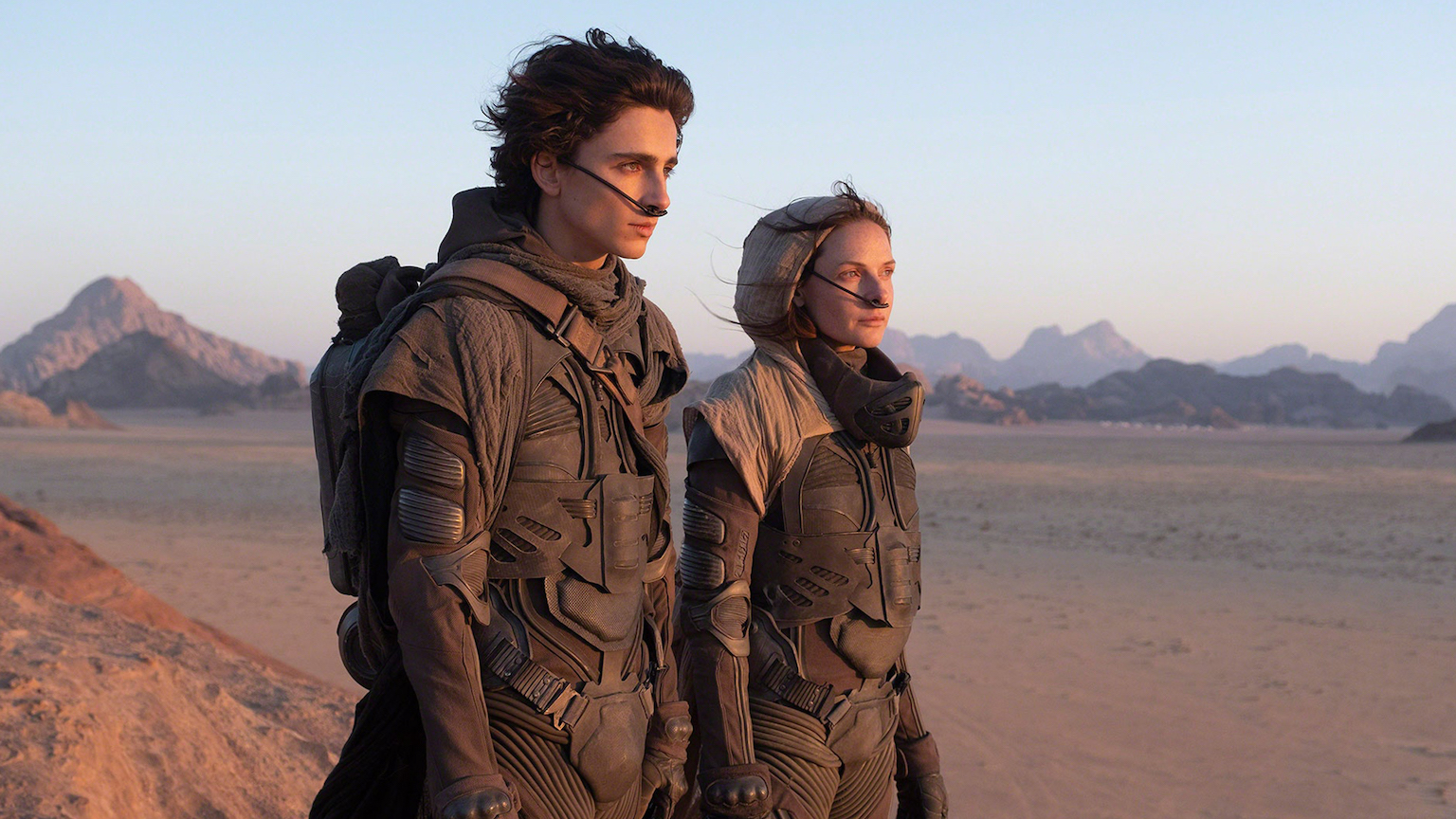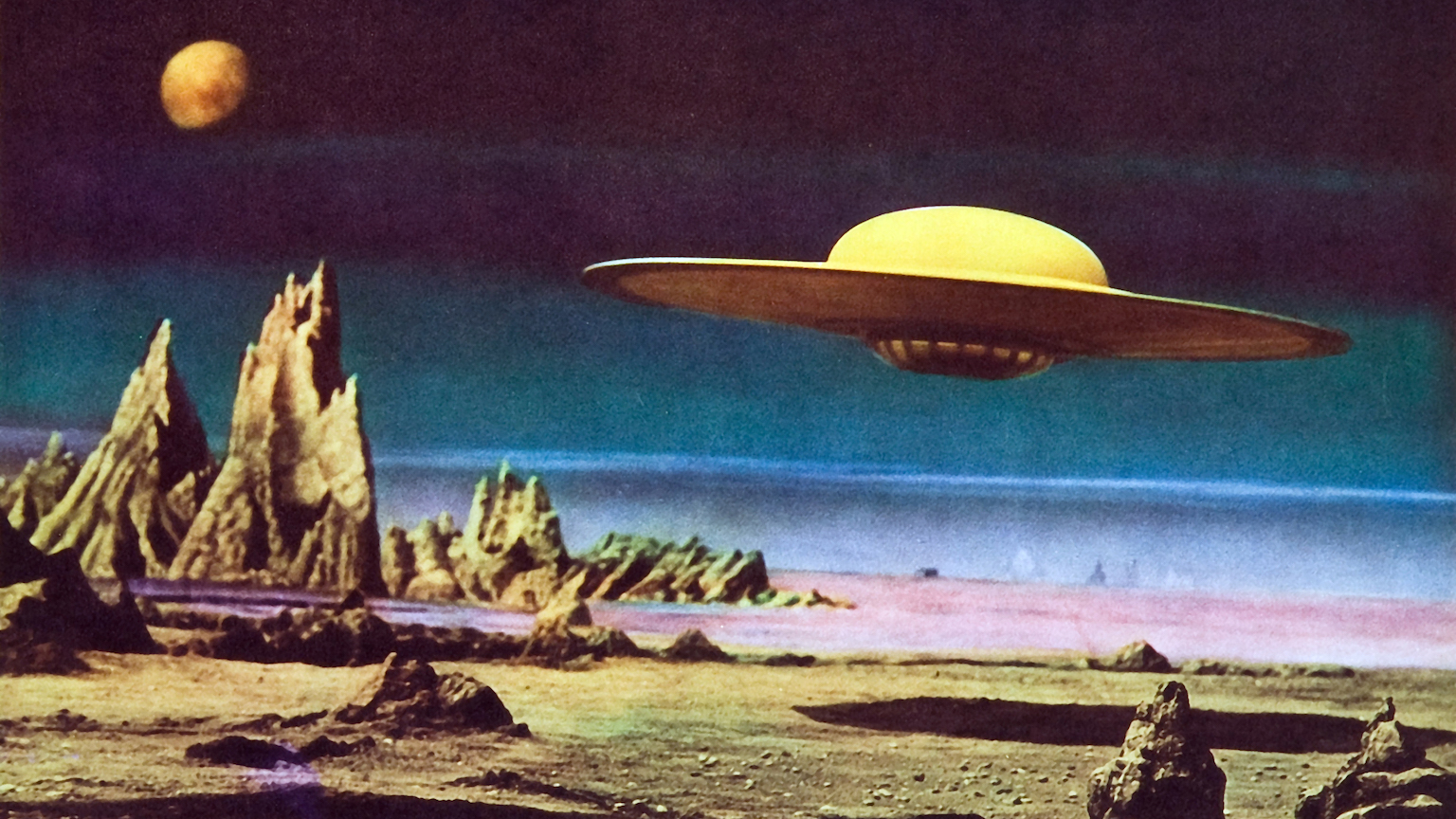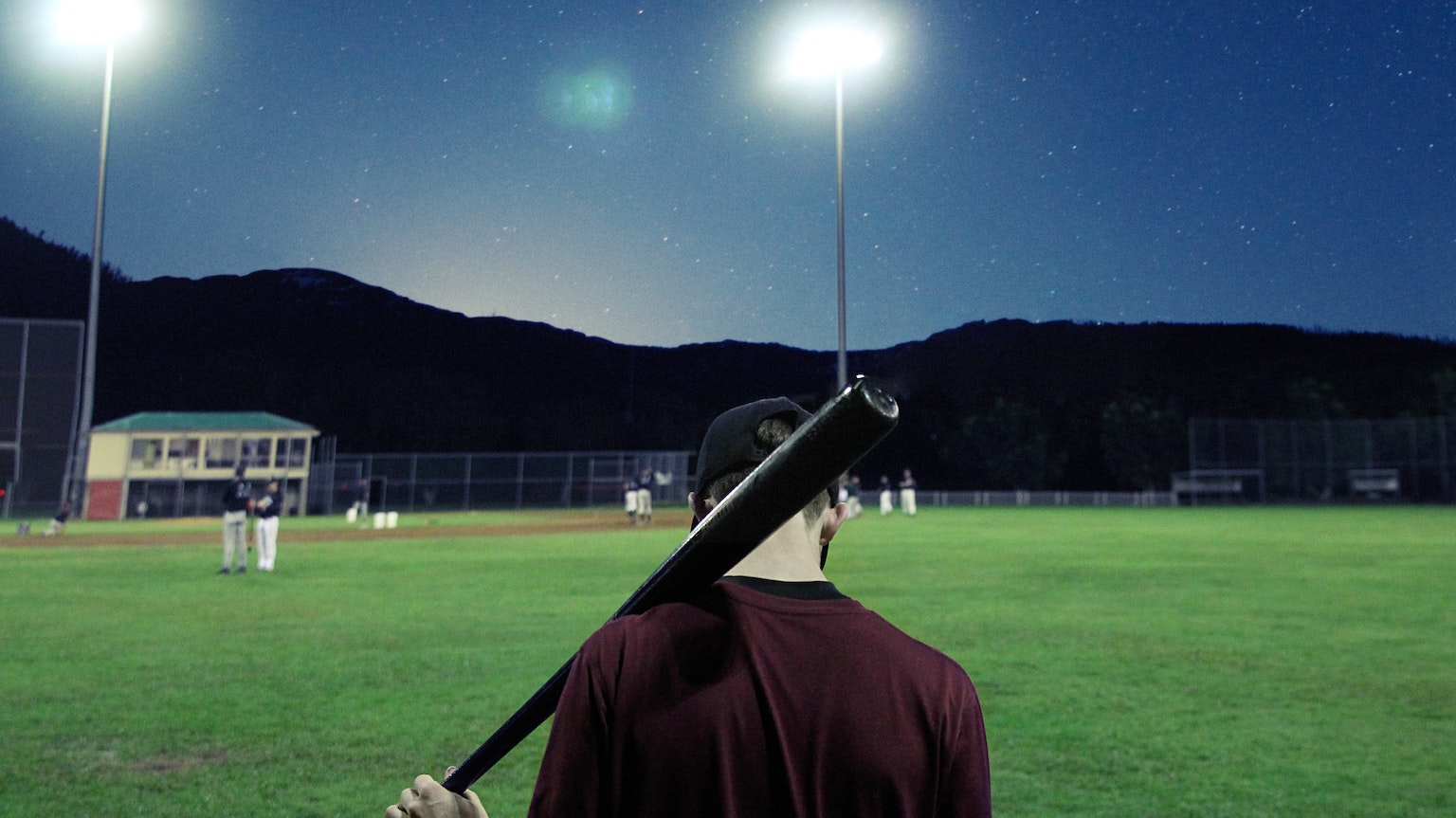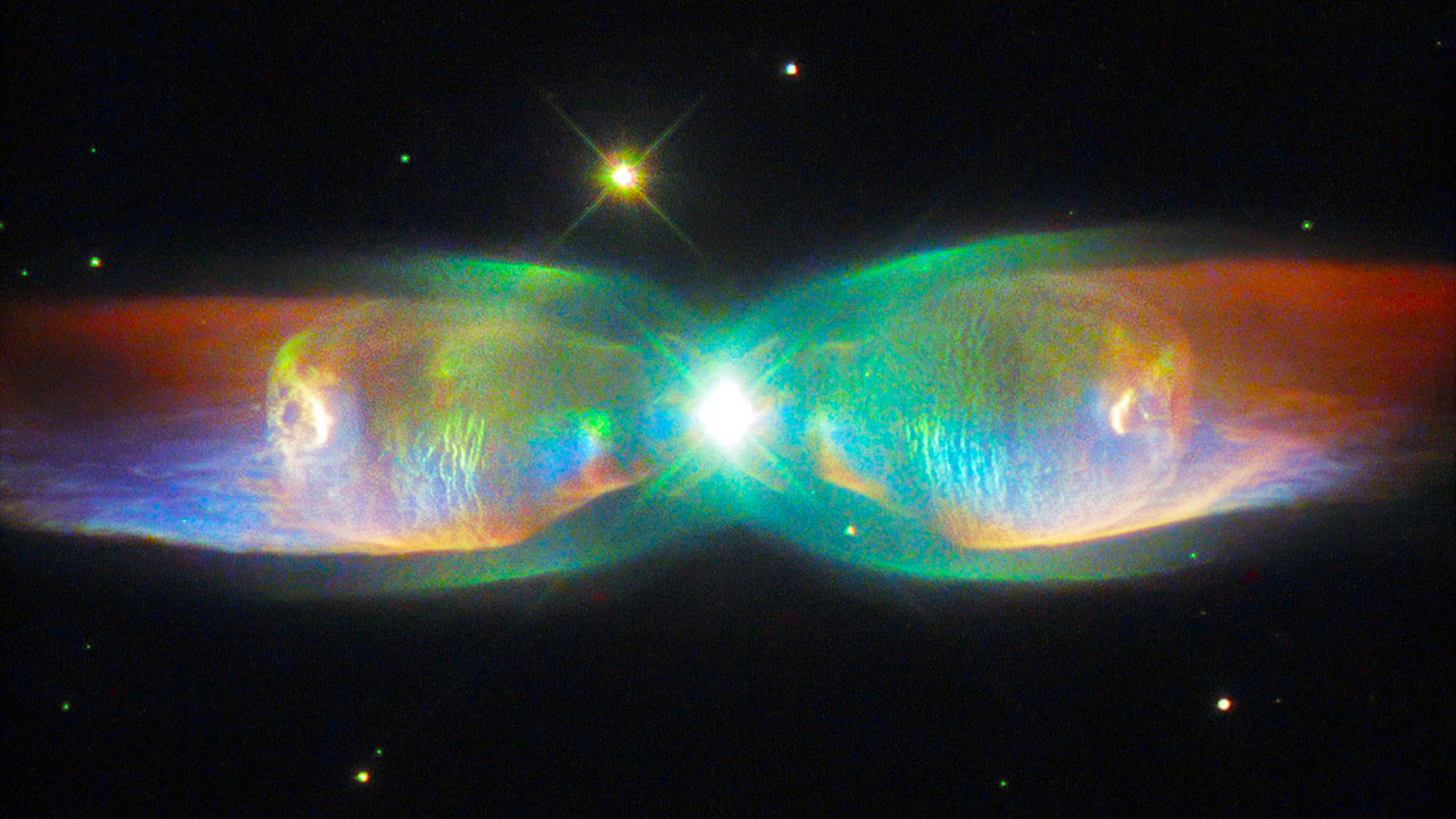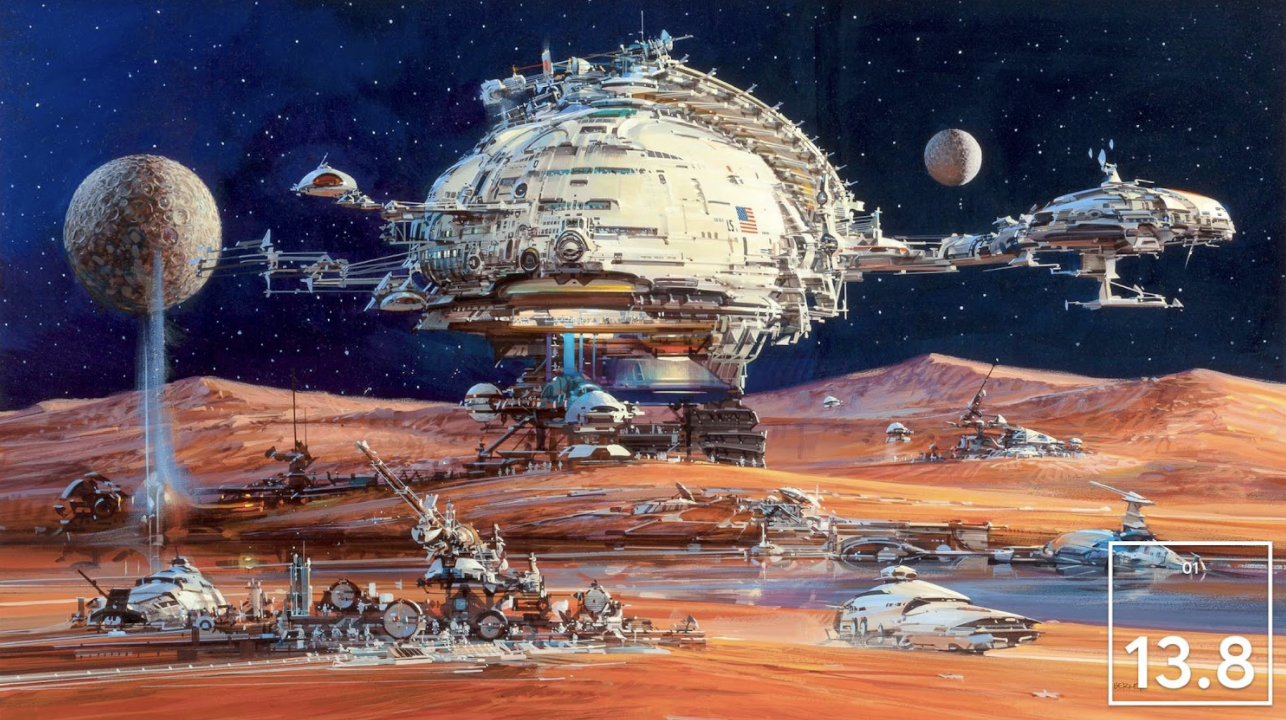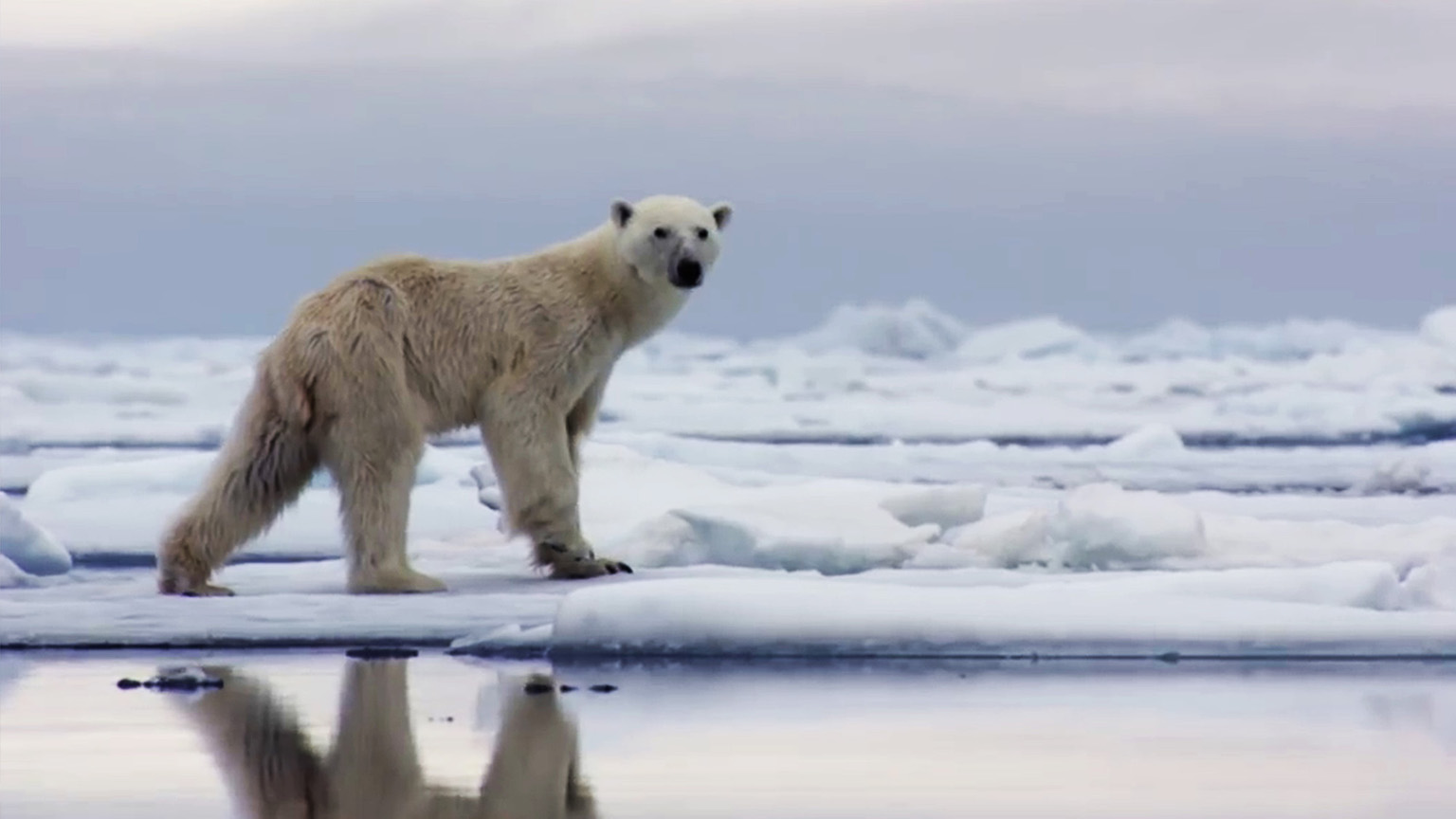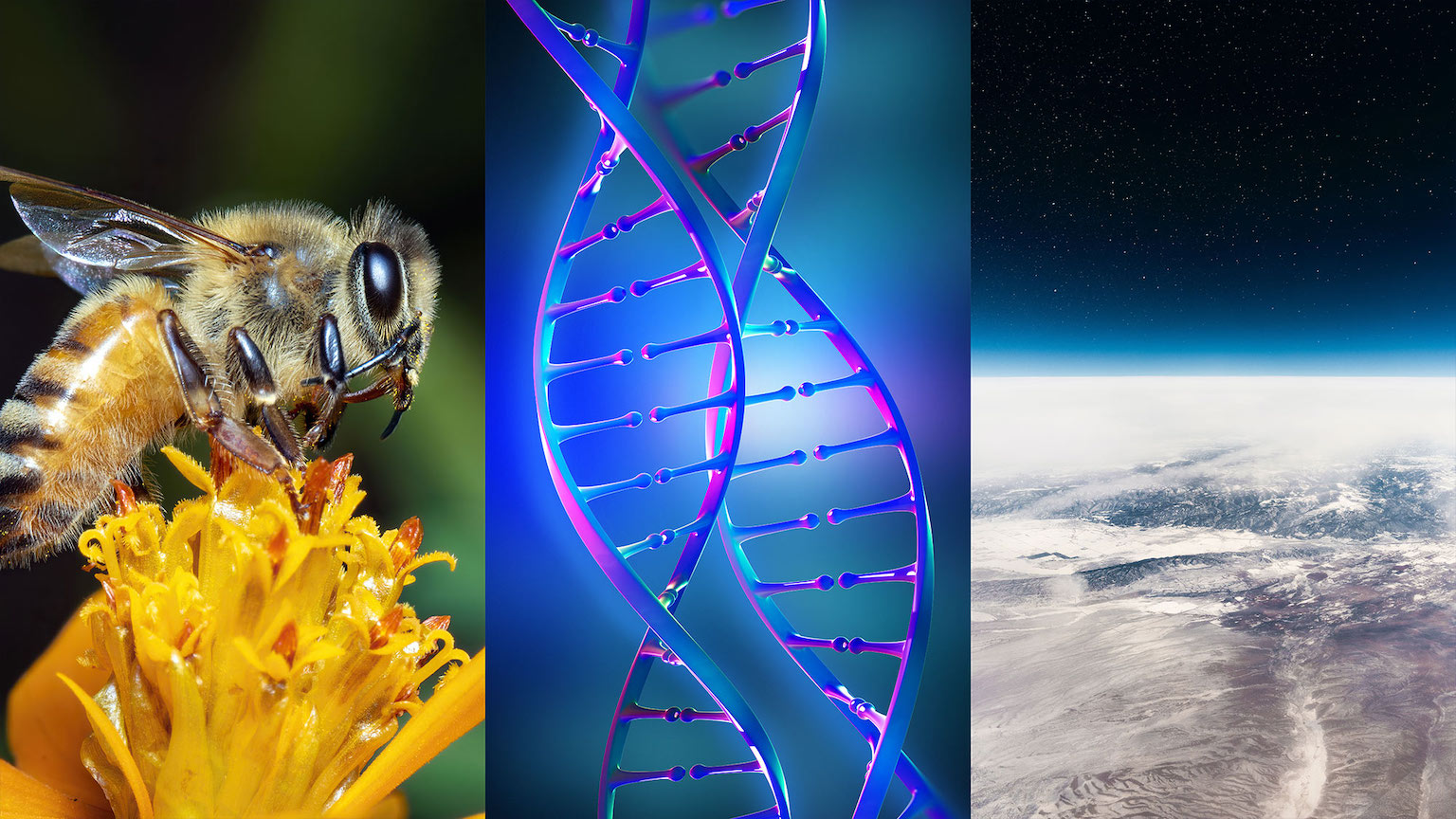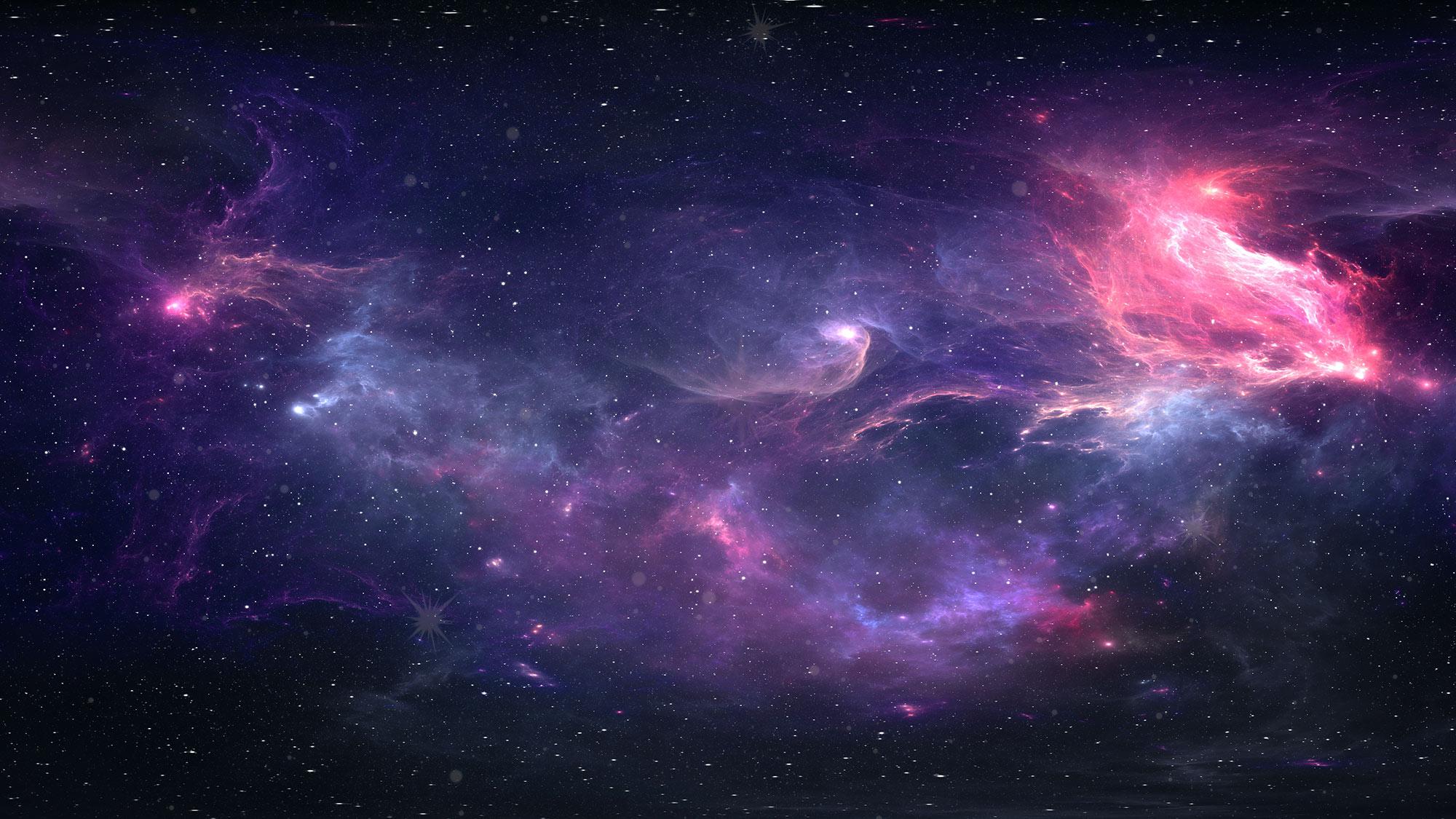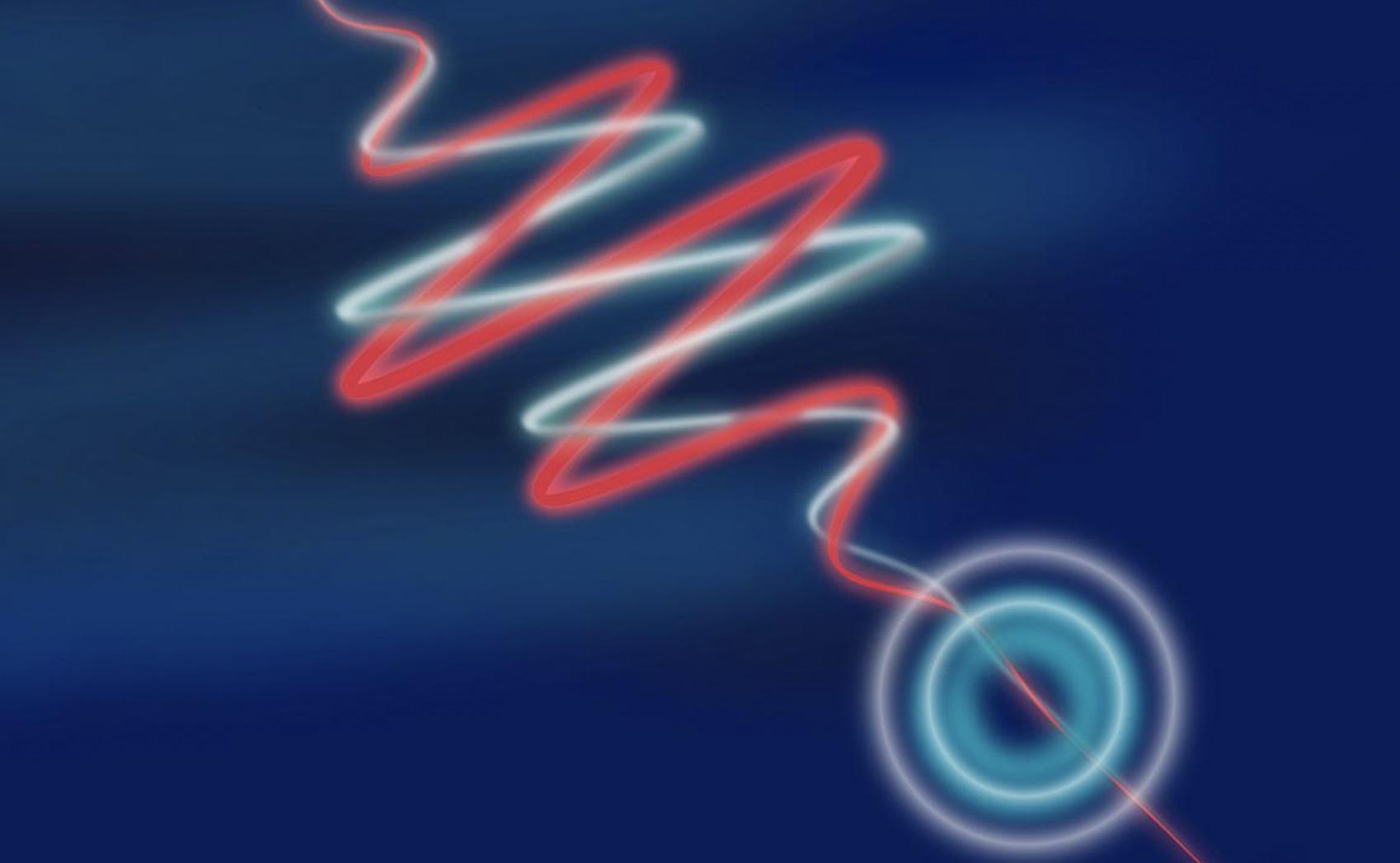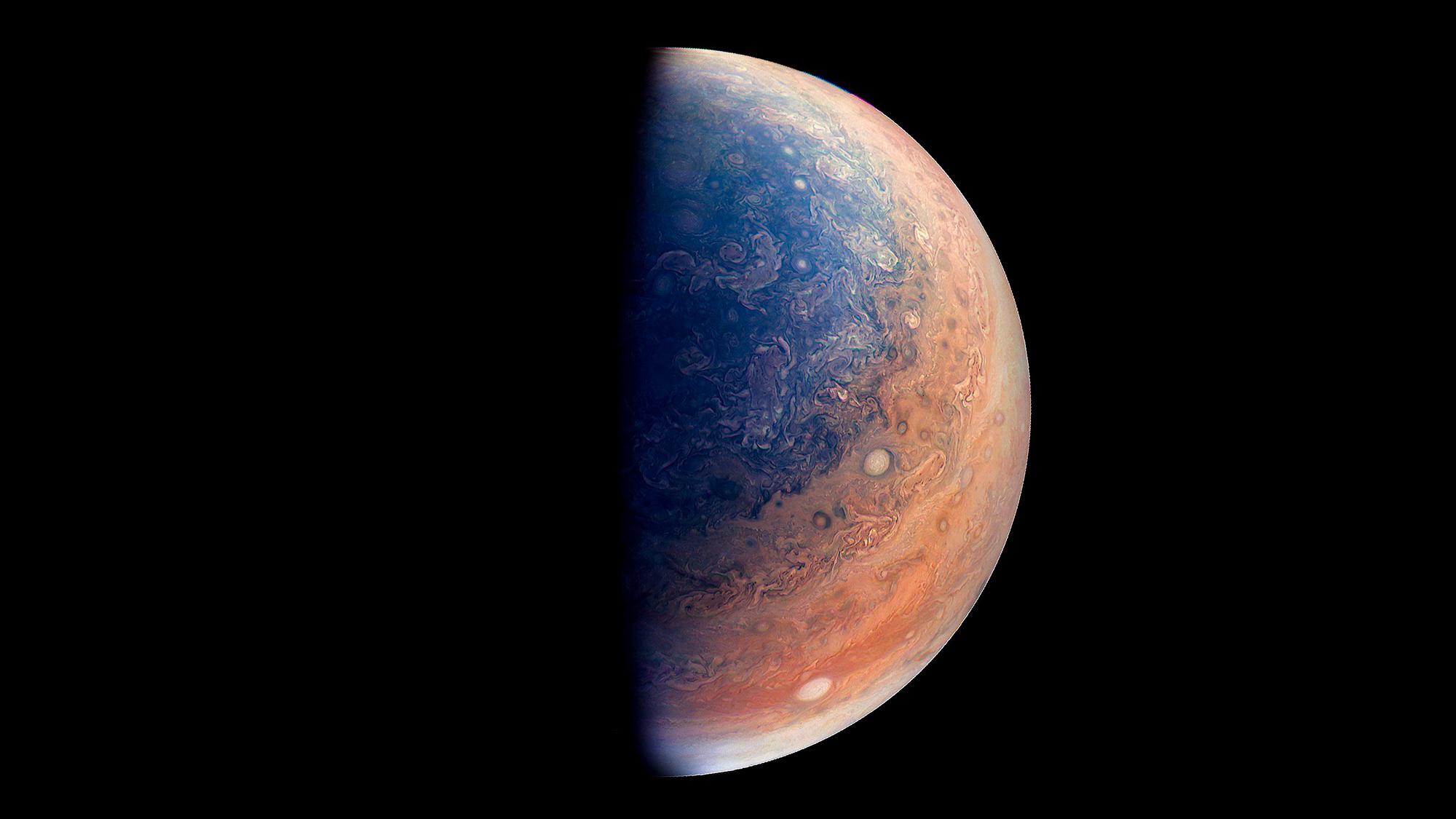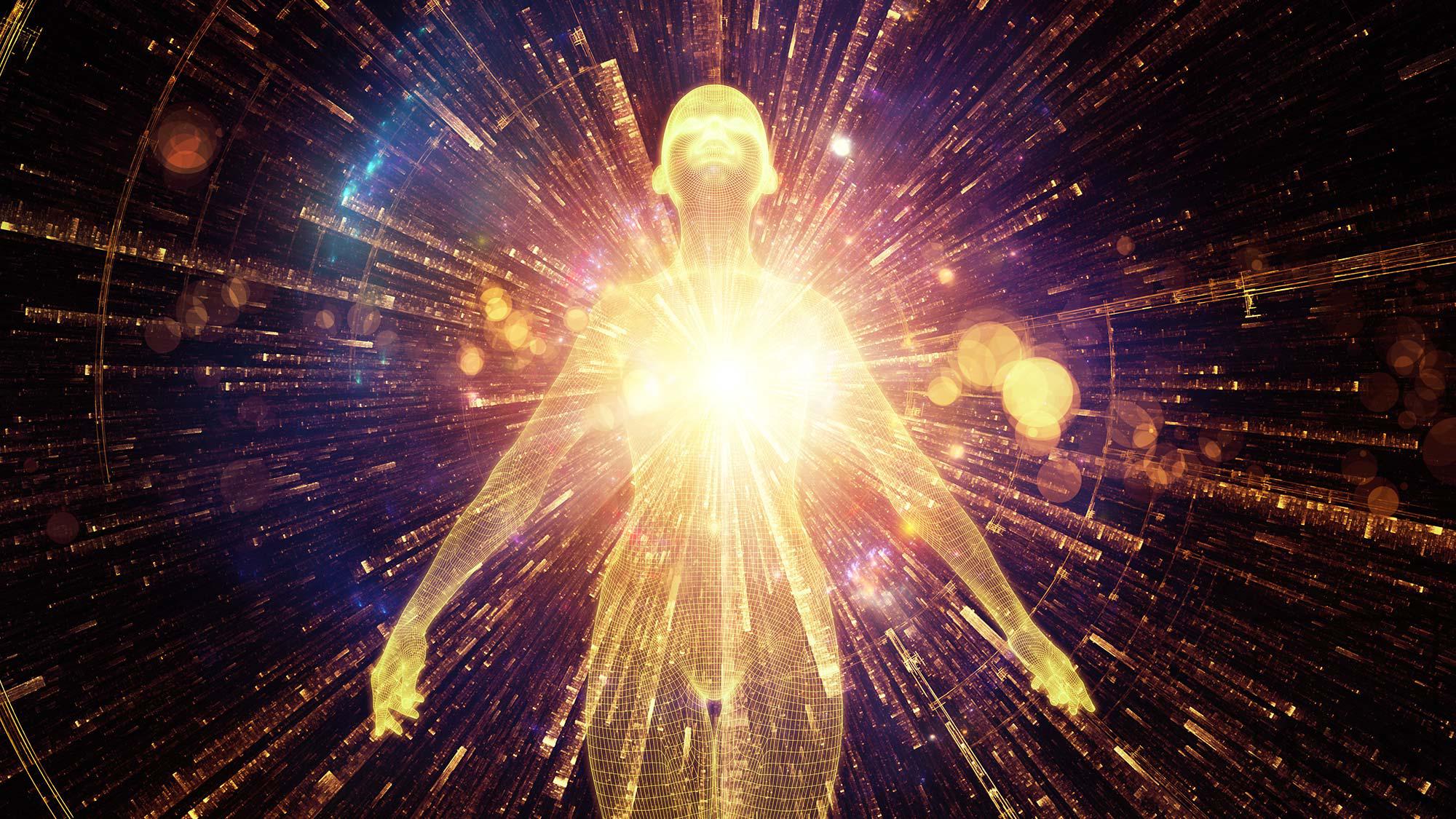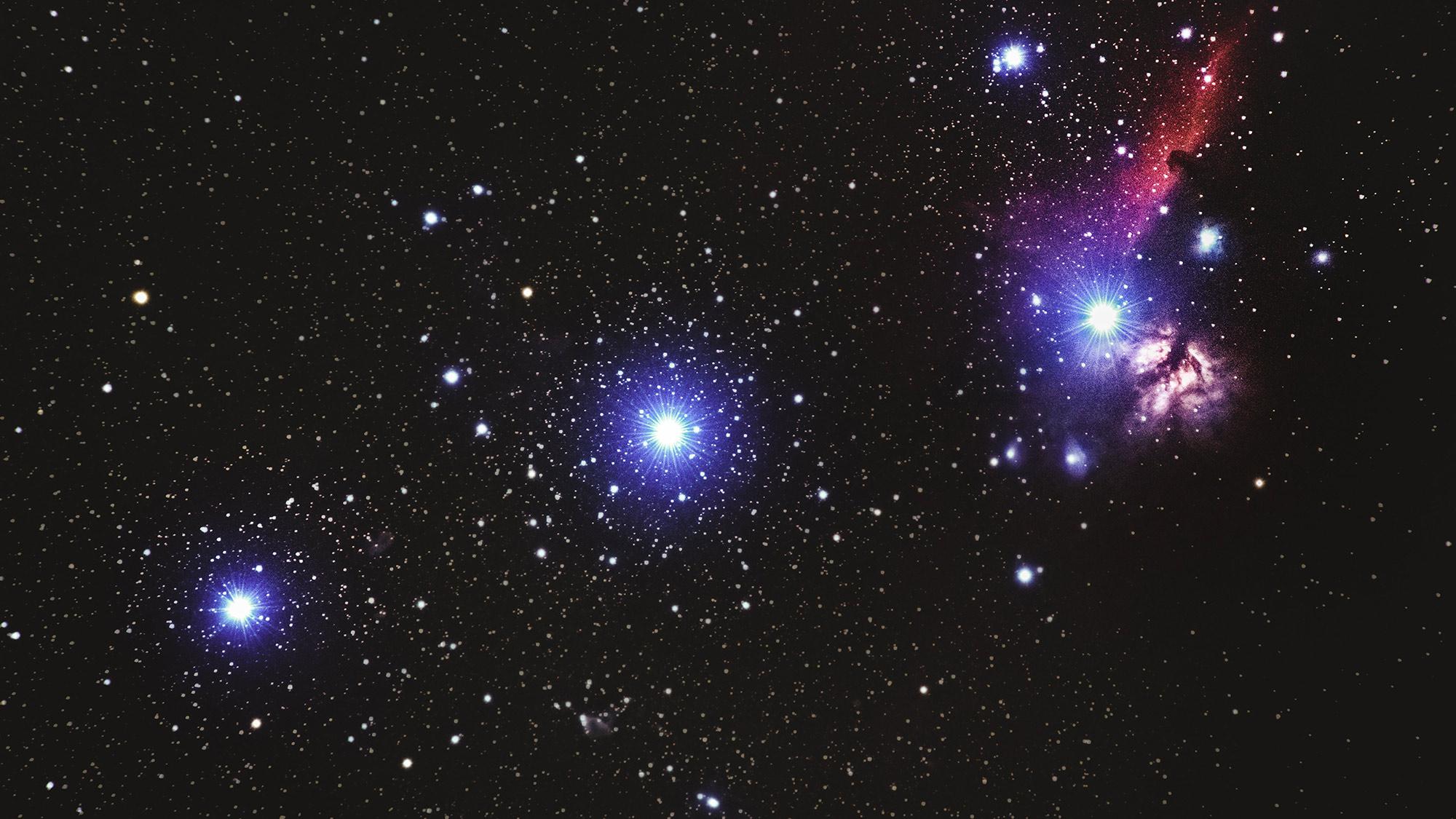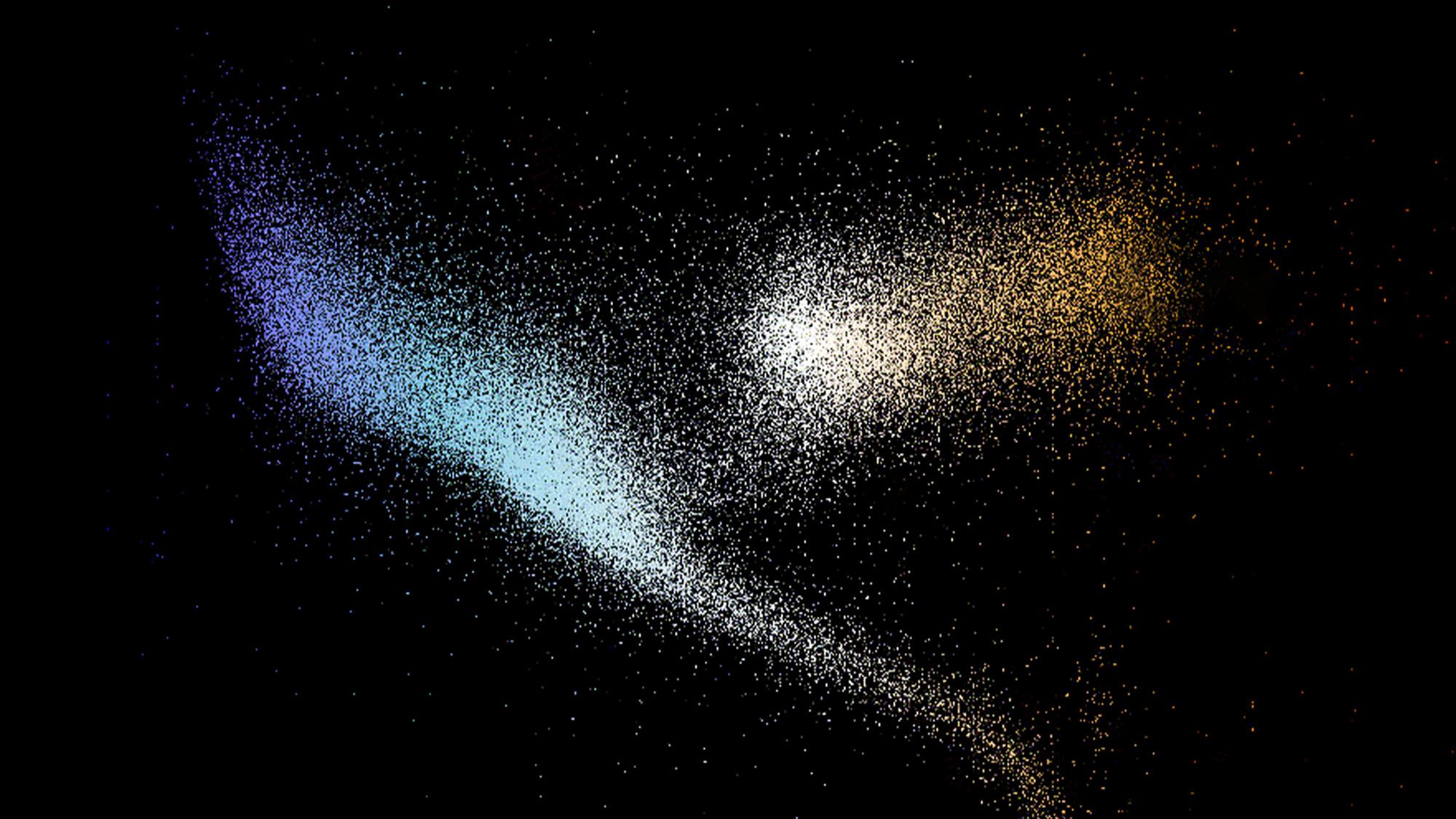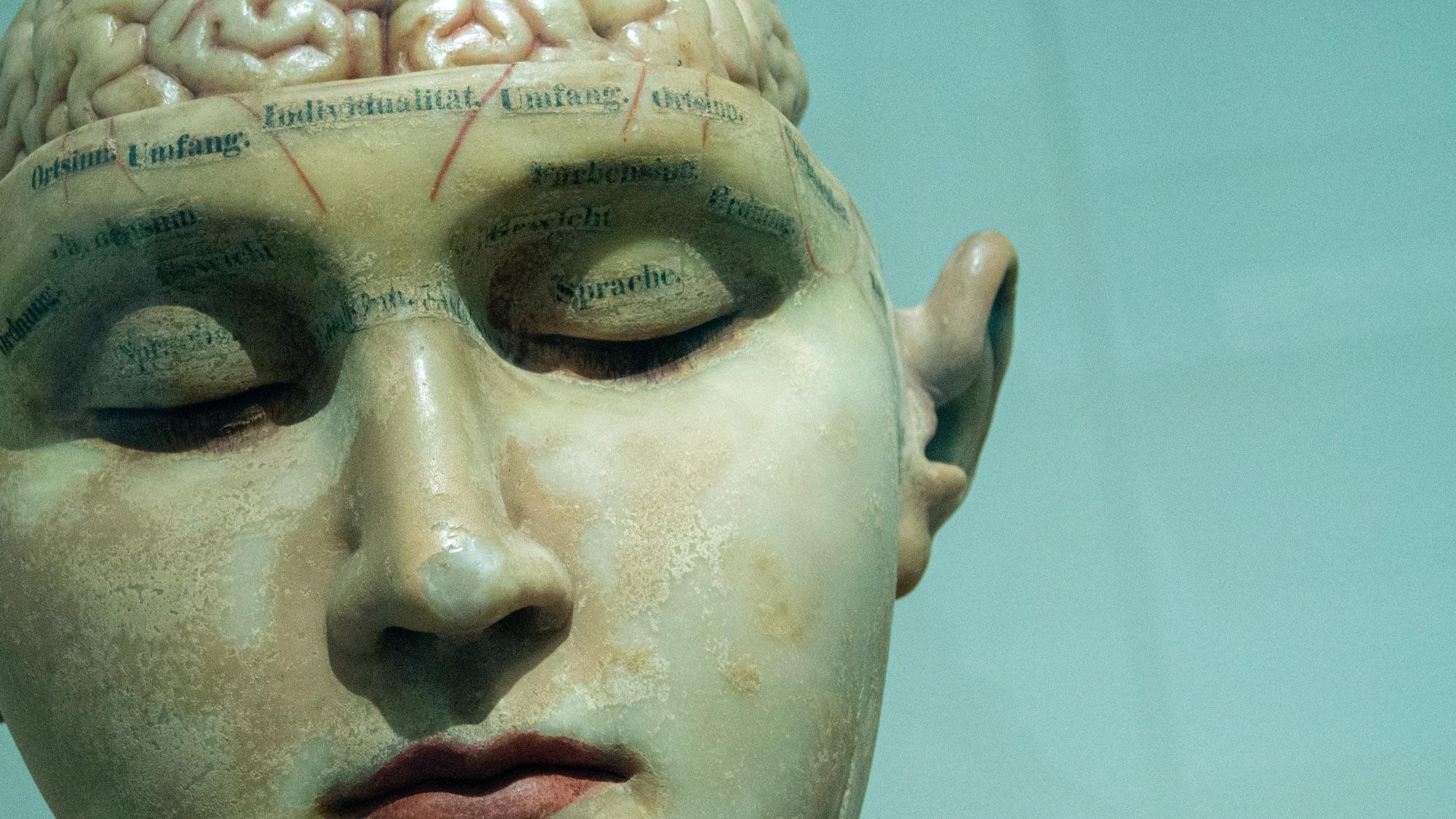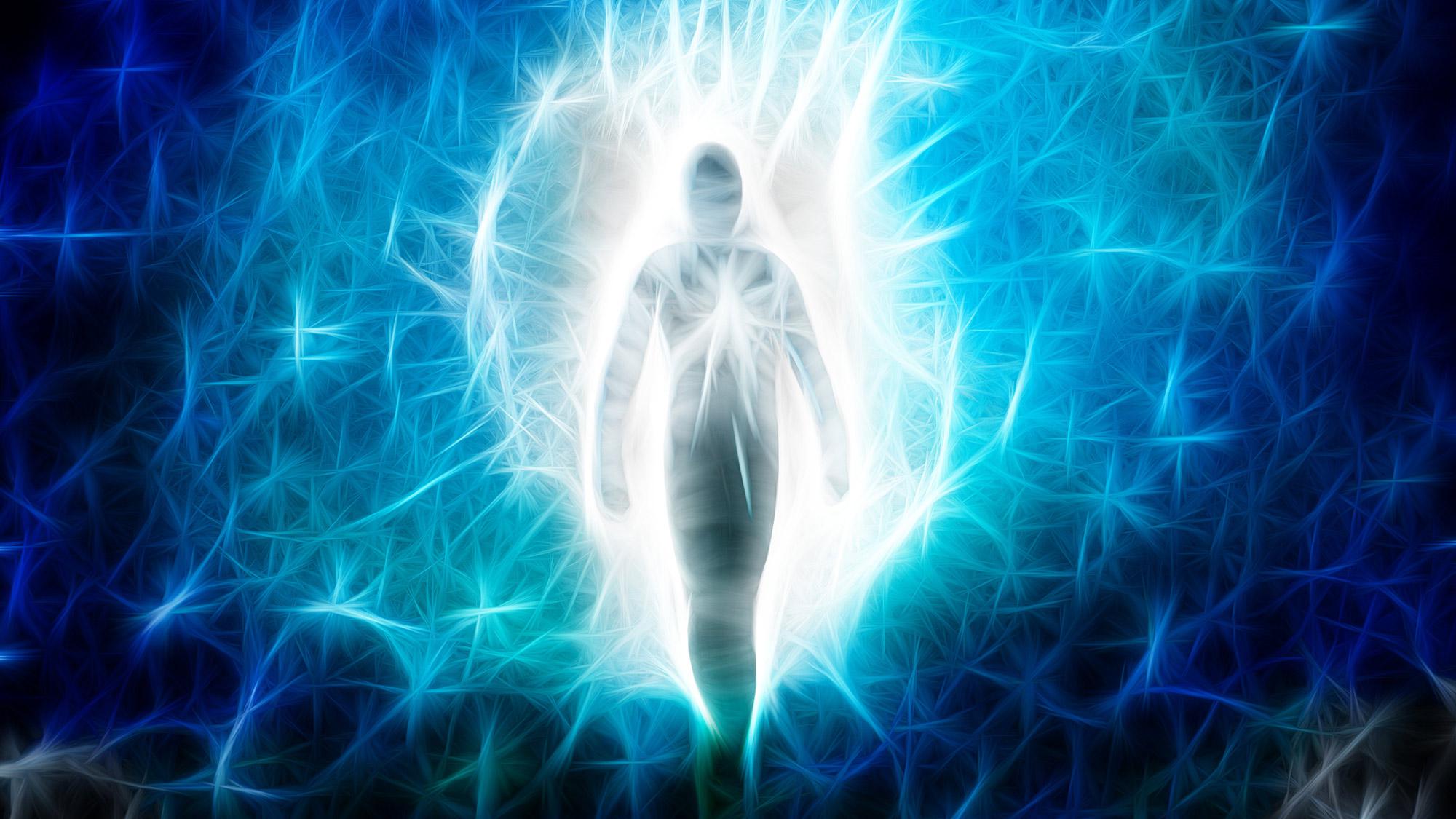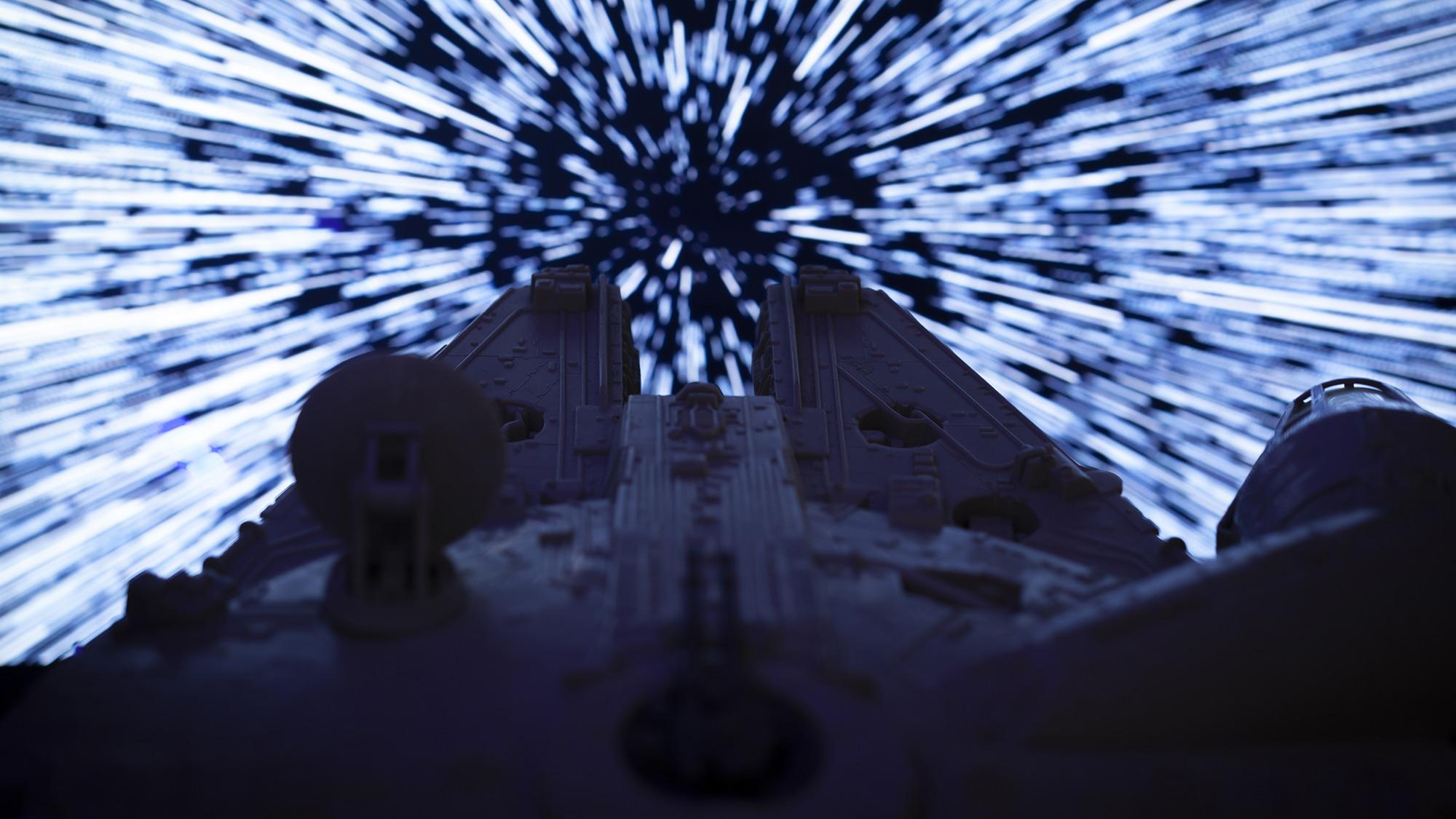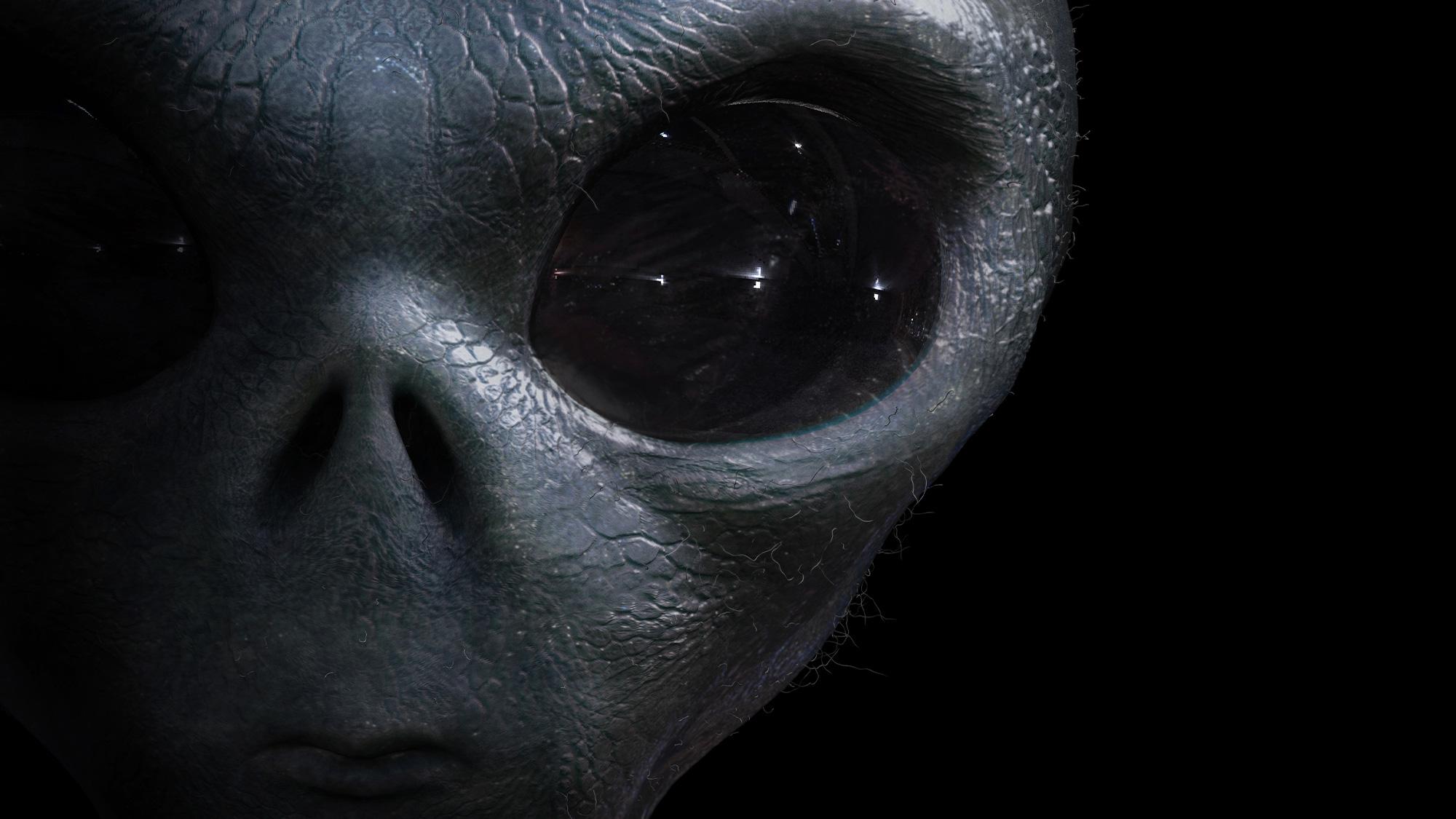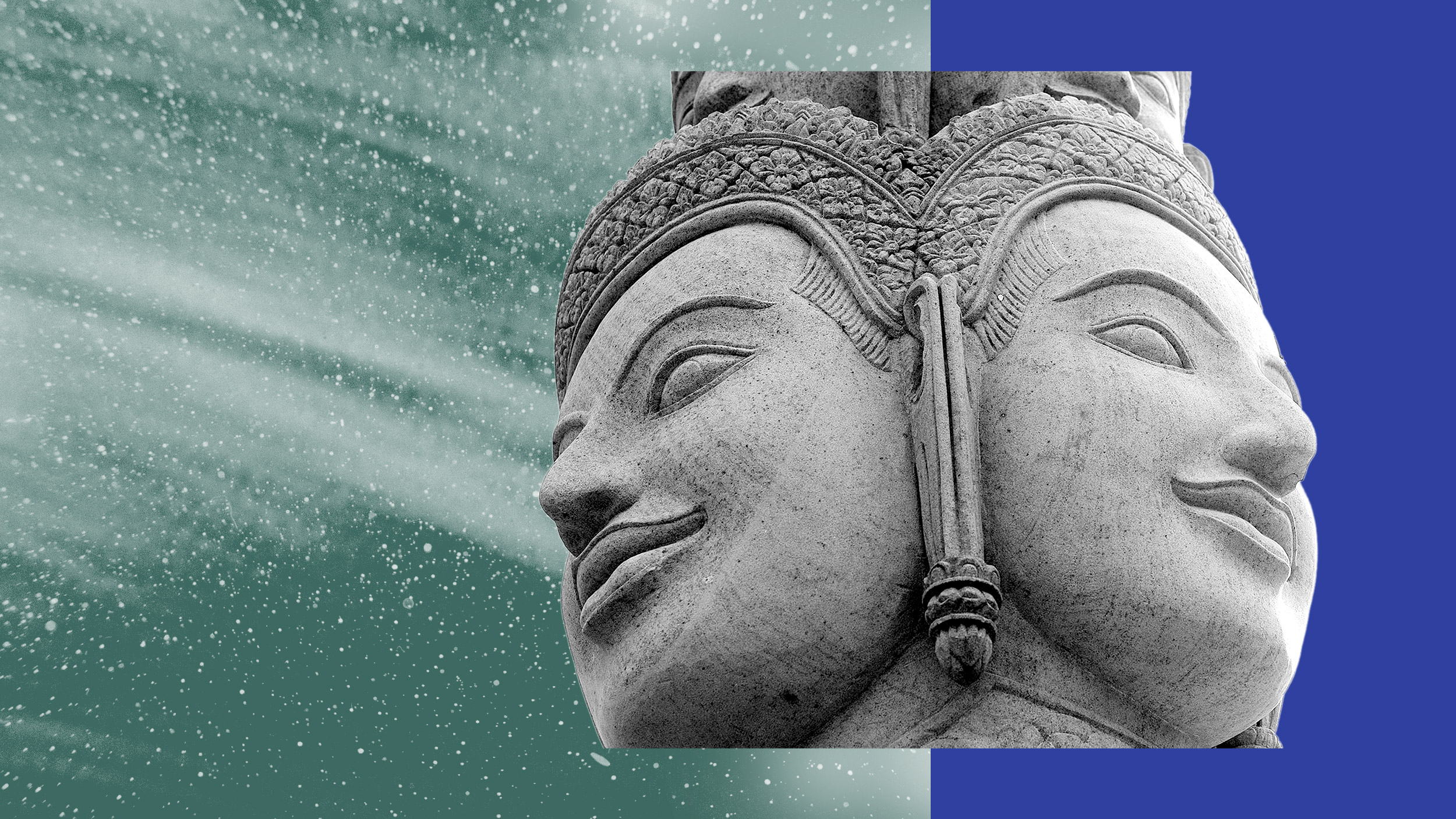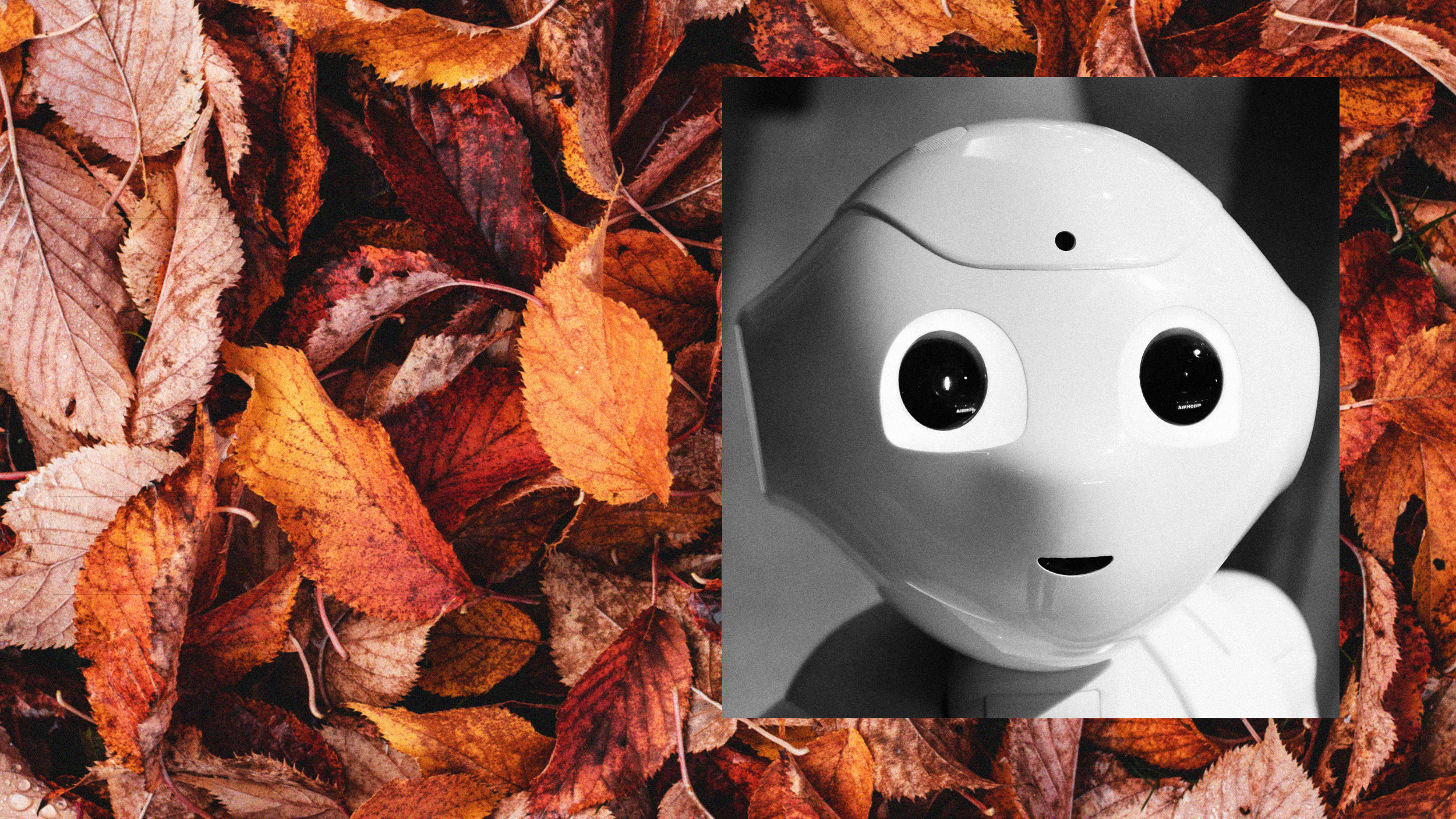Adam Frank
Astrophysicist
Adam Frank is a professor of astrophysics at the University of Rochester and a leading expert on the final stages of evolution for stars like the sun. Frank's computational research group at the University of Rochester has developed advanced supercomputer tools for studying how stars form and how they die. A self-described “evangelist of science," he is the author of four books and the co-founder of 13.8, where he explores the beauty and power of science in culture with physicist Marcelo Gleiser.

Science is a method of inquiry about nature, while scientism is philosophy. And scientism is no longer up to the challenge of meeting the most pressing issues of our day.
We should all pause to appreciate the awe-inspiring beauty of the Universe.
There are a few possible solutions to the problem of interstellar travel, but they largely remain within the realm of science fiction.
Tighten your ‘thopter seatbelts and get those worm-hooks ready: we’re going to unpack the hype surrounding Dune, both the book and the movie.
Technology has advanced at a blinding pace in the past 150 years. That won’t always happen.
The book Buddha Takes the Mound delivers an engaging and sophisticated account of Buddhism’s worldview through the prism of baseball.
Nebulae are beautiful, but so is the process of science.
Isaac Asimov’s “Foundation” series helped inspire the field of social physics, which uses math to understand crowd behavior.
Civilization is facing an existential threat from climate change. Will we humans make it? Does anyone in the universe make it?
Reductionism is a successful way to explain the universe, but it cannot replace experience. This is part of the mystery of life.
After 100 million nights of people asking, “What are those twinkly lights?” it is pretty remarkable that we happen to live in one of the first generations that actually knows the answer.
Philosophers and scientists spent millennia arguing about the nature of light. It turned out to be stranger than anyone imagined.
The world is full of great mysteries. This is one of them.
How can we understand mysterious planets like Jupiter? Use giant lasers!
Does history have a grand narrative, or is it just a random walk to no place in particular? And is the world as we know it about to change?
When Olympic athletes perform dazzling feats of athletic prowess, they are using the same principles of physics that gave birth to stars and planets.
Information may not seem like something physical, yet it has become a central concern for physicists. A wonderful new book explores the importance of the “dataome” for the physical, biological, and human worlds.
One single plot of data embodies the most profound thing we know about the stars.
If you truly want to understand modern astrophysics, knowing how to read this graph is essential.
We live in a world dominated by science, but most people don’t understand its most essential characteristic: establishing standards of evidence to keep us from getting fooled by our own biases and opinions.
Reduction is an approach that has been successful in science but is not itself synonymous with “science.”
Climate change and artificial intelligence pose substantial — and possibly existential — problems for humanity to solve. Can we?
Today, it’s common knowledge, but it took scientists centuries to figure out.
The 1998 hit is making a comeback. Stop what you’re doing and watch the original.
No. But Buddhism and quantum mechanics have much to teach each other.


